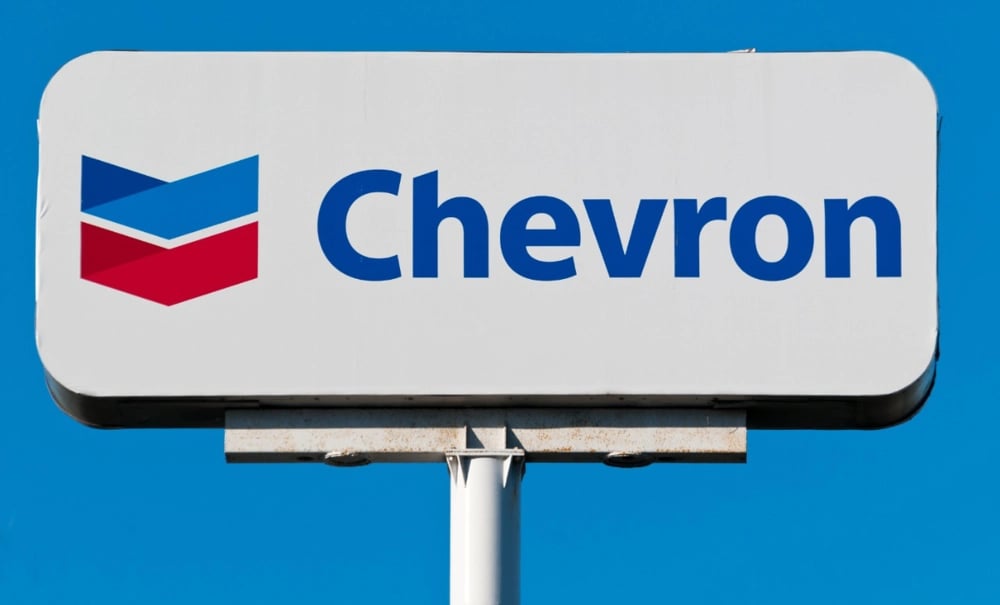

Chevron Corporation $CVX has announced its intention to acquire a 50% stake in the chemical manufacturing joint venture with Phillips 66 $PSX. This news was conveyed by CEO Mike Wirth during a conference call with analysts and has generated significant interest among investors, warranting a closer examination of the context and implications of this decision.
Chevron Phillips Chemical, formed through the partnership of Chevron and Phillips 66, is a key player in the supply chain for chemical production. Both companies hold equal shares in this venture—50% each. The main areas of focus for this joint enterprise include:
Production of chemical components for various industries;
Development of innovative processing technologies;
Sustainable resource utilization and reduction of environmental impact.

Wirth emphasized that Chevron is prepared to purchase the stake at “a fair price for both parties.” This announcement is particularly crucial in light of pressure from activist investor Elliott Investment Management. This firm has been urging Phillips 66 to reconsider its asset portfolio, including the potential sale of its stake in the joint venture.
Reasons for Strategic Changes in the Company
Potential for asset reorganization. Selling the stake in Chevron Phillips Chemical could free up funds for more lucrative investments.
The market for chemical production continues to grow rapidly, requiring companies to maintain clear strategies.
Increased competition in the market may compel Phillips to adopt a more flexible approach to asset management.

According to documents provided by Elliott Investment Management, Phillips 66's share in the joint venture is estimated to be worth approximately $13 billion. This significant amount could play a key role in the upcoming negotiations between the companies.
Ability to manage the company’s assets;
Future plans to increase market share.
Asset management and capital allocation are critical factors for any company in the oil and chemical sectors, thus effective management can substantially influence the growth trajectory of both corporations.

The prospective transaction between Chevron and Phillips 66 is likely to have a notable impact on several key factors:
Investment climate. The potential deal could enhance investor confidence in both companies, positively affecting their market capitalization.
Competition. An increased stake for Chevron in this sector might alter the competitive landscape in the chemical market, encouraging other players to ramp up their activities.
Strategic processing. Chevron may leverage new technologies and resources to enhance production efficiency.
In light of the significance of this event for the market, strategic planning, and the substantial pressures from investors, the evolution of the situation will be closely monitored. The potential acquisition of Phillips 66's 50% stake by Chevron opens up new opportunities not only for the involved parties but for the entire industry as a whole.
This strategic move by Chevron could reshape the chemical industry's landscape and open new growth avenues.
This acquisition could reshape the chemical landscape—definitely a move to watch closely!